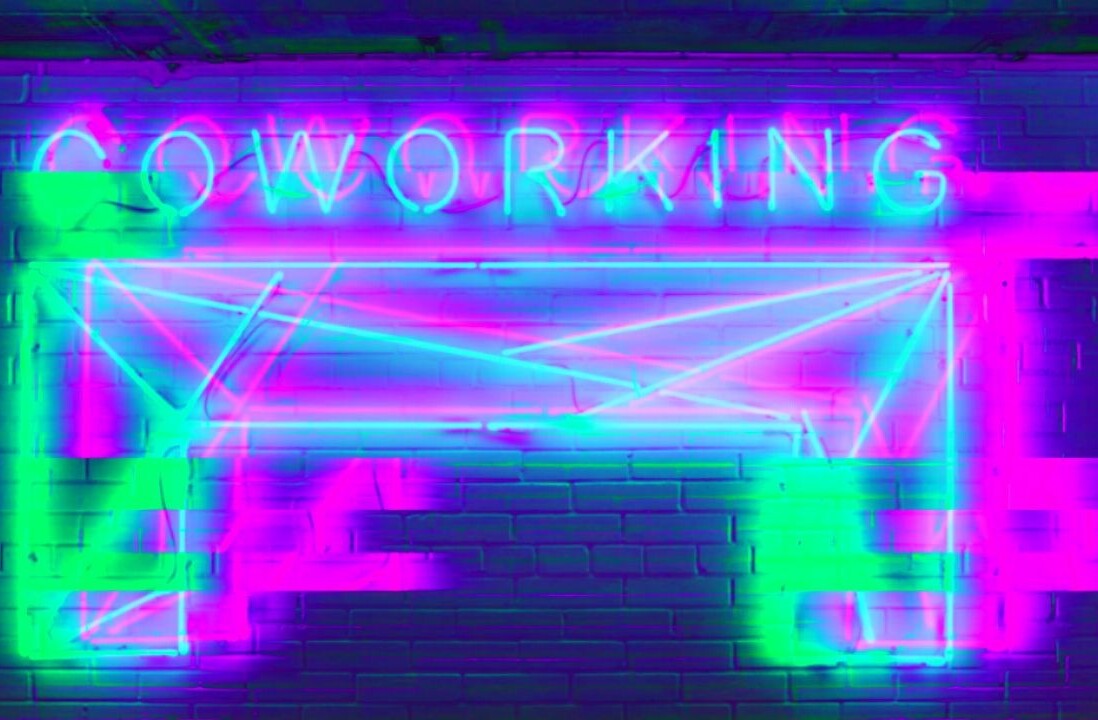
Entrepreneurship and the tech industry is built on the idea of “hustling” to get things done. It’s confidently preached by tech giants like Elon Musk, CEO of Tesla and SpaceX, who last year tweeted that people would have to work more than 40 hours a week, if they really want to change the world.
What’s the correct number of hours a week to change the world?
— Margreth Mpossi (@margrethmpossi) November 26, 2018
Varies per person, but about 80 sustained, peaking above 100 at times. Pain level increases exponentially above 80.
— Elon Musk (@elonmusk) November 26, 2018
Similarly to Musk’s work ethic, Uber’s company culture was to “work harder, longer, and smarter” which ultimately left its employees drained. Talking to BuzzFeed, multiple Uber employees said they would feel like they were on call at all times and they’d regularly receive work related emails on the weekend – and even after work.
During the TechChill conference in Riga last week, Stewart Rogers, an analyst at VentureBeat, explained the dangerous implications of tech’s toxic obsession with “hustle porn” — the fetishization of extremely long working hours.
“We think working harder is the answer. I know people who turn in 15, 16, or 17 hours a day, seven days a week, working on their passion project,” Rogers said during his talk, “What is going wrong with mental health in tech industry?”
The tech industry romanticizes dedicating your life to your job by disguising it as your passion and only interest in life. Countless startups encourage their employees to stay longer in the office by providing a free meal at the end of the day, introducing “unlimited holiday” schemes, and nap pods.
In reality, many scientific studies have shown productivity dramatically decreases with longer working hours; not only that, creativity completely evaporates once people clock in more than 55 hours a week. To put it plainly, someone working 70 hours in a week will achieve no more than someone working 55 hours.
Rogers’ own research proves “hustle porn” is damaging to people’s health and wellbeing. “By working too hard, you are over producing adrenaline and cortisol and when these are over produced, your immune system is more susceptible to illness and inflammation,” he said. “Working hard is actually making you ill.”
Silicon Valley has you believing that if you don’t have enough “hustle,” you may as well save yourself the time and give up your “passion project” now. The idea that nothing can be achieved without aggressively hustling during excessive working hours creates a toxic working environment, and a discriminatory one.
“Hustle porn” doesn’t work for everyone
The tech industry’s mentality of “move fast and break things” is only considering one kind of person — child-free, no big commitments, and someone living in perfect health. According to a recent survey, 30 percent of US workers are living with a disability, even though just 3.2 percent of these people say their employer is aware. Since not every illness is visible, most people are hiding their disability to avoid potential discrimination — and the hostility of a “hustling” environment is making this worse.
There are tech companies that subconsciously wouldn’t consider anyone living with a disability simply because of their unreasonable employee requirements. In 2017, Andrew Ng, founder of deeplearning.ai, tweeted a controversial job opening outlining that its employees typically work 70-90 hours per week to “change human lives.” After facing a backlash, Ng changed the job exceptions to 70-plus hours per week, resulting in a lack of transparency of the job requirements.
For the record: that’s not a “strong work ethic.”
That’s exploiting young unattached engineers and spinning it as “team culture.”Toxic ?? pic.twitter.com/Dwtk2ufgQP
— Jacques Favreau (@betaorbust) September 16, 2017
The tech industry’s continuous issues with discrimination, exclusion, and a toxic working culture are detrimental to employees mental and physical health. The idea that hustling will change the world is a naive and dangerous one. During Rogers’ talk, he so eloquently put it: “Hustle porn is killing people. We have to stop spreading it, we have to stop agreeing to it, and we have to stop being complicit to it.”
At TNW 2019, we have a whole track dedicated to exploring the Future of Work and how it’s evolving with technology. If you’re curious to explore what we can expect to see in the next twenty years, then come join us in May!
Get the TNW newsletter
Get the most important tech news in your inbox each week.





